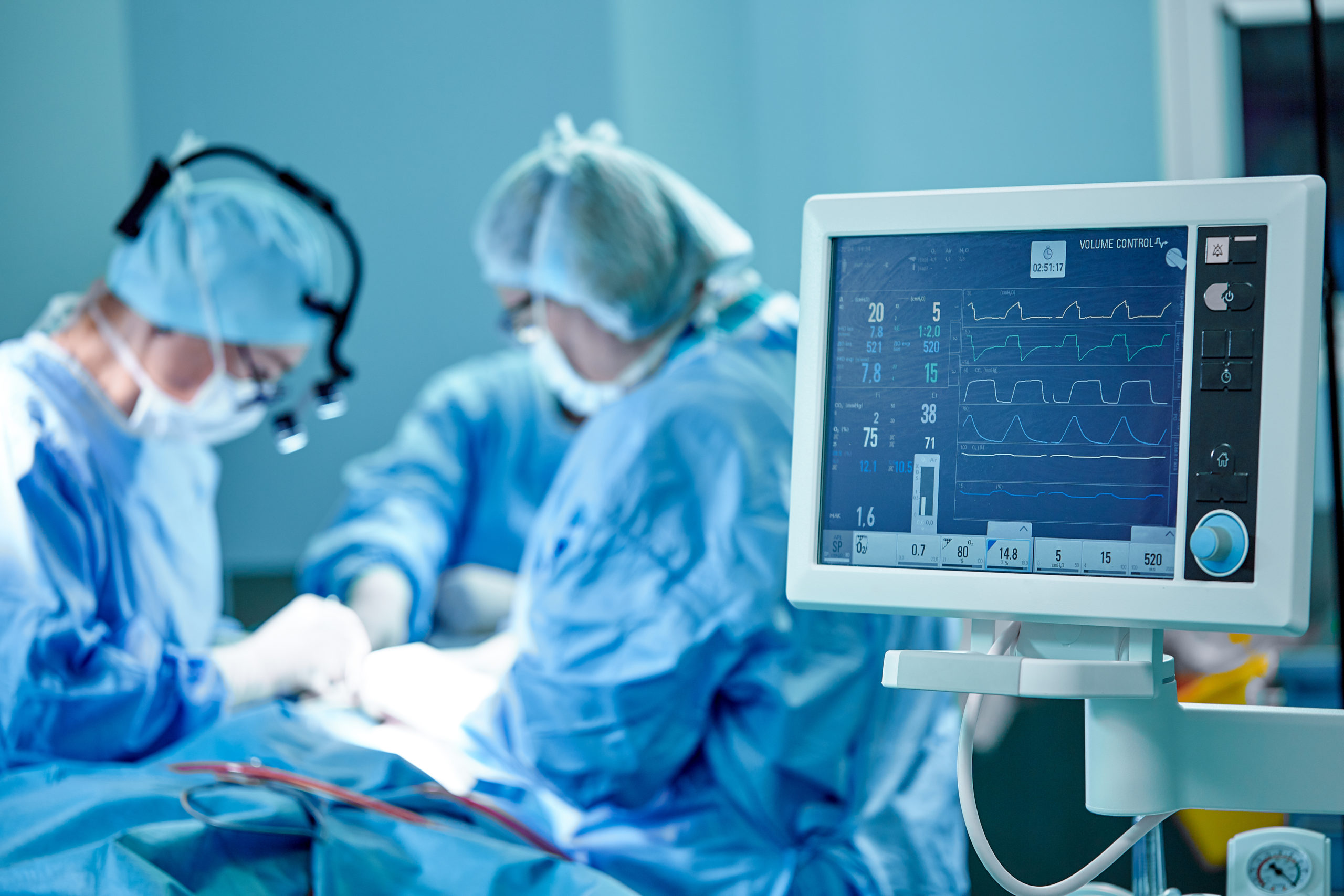
Recent reports have suggested that colchicine reduced risk of cardiovascular events in patients with myocardial infarction and chronic coronary disease after coronary artery bypass graft (CABG).
Following those findings, researchers evaluated if the anti-inflammatory effects of colchicine were valuable for myocardial protection after non-CABG cardiac surgeries as well.
In their randomized clinical trial, the team found that a short course of perioperative low-dose colchicine effectively reduced biomarkers for myocardial injury and inflammation and decreased post-operative syndrome compared with placebo. The study was published in Critical Care.
Colchicine Yields Myocardial Protection After Non-CABG Surgery
The investigators randomized a total of 121 patients undergoing non-CABG cardiac surgery were randomized to receive 0.5 mg of either colchicine or placebo once daily from 72 before surgery through 5 days after. The primary end piont was cardiac troponin T levels at 48-hours after procedure, and secondary outcomes included troponin I and creatine kinase-MB levels, inflammatory biomarkers, and adverse events.
Compared with the placebo group (n=62), patients in the colchicine group (n=59) showed significantly lower median values for:
- Cardiac troponin T (0.3 μg/L; interquartile range [IQR], 0.2-0.4; vs 0.4 μg/L; IQR, 0.3-0.6; P<.01)
- Cardiac troponin I (0.9 ng/ml; IQR 0.4-1.7; vs 1.3 ng/ml; IQR, 0.6-2.3; P=.02)
- Creatine kinase-MB (1.9 ng/ml; IQR, 0.7-3.2; vs 4.4 ng/ml; IQR, 1.5-8.2; P<.01)
- Interleukin-6 (73.5 pg/ml; IQR, 49.6-125.8; vs 101 pg/ml; IQR, 57.5-164.7; P=.048)
Compared with the placebo safety cohort (n=62), the study’s authors reported the colchicine safety cohort (n=65) had a significantly decreased rate of post-pericardiotomy syndrome (3.08% vs 17.7%; P<.01), though an increased rate of diarrhea (9.23% vs 0%; P=.01). No other significant differences were observed.
Ultimately, “our study suggests a beneficial effect of colchicine on myocardial protection in patients undergoing non-CABG cardiac surgery,” the authors summarized.
Related: Glucocorticoids May Prevent Postoperative Atrial Fibrillation


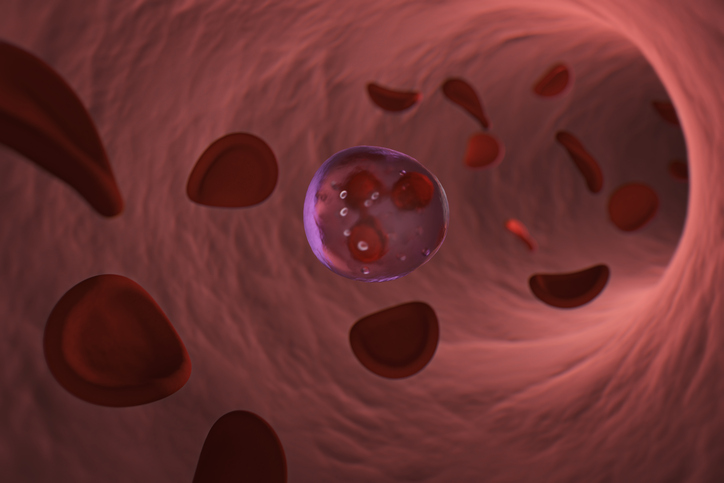
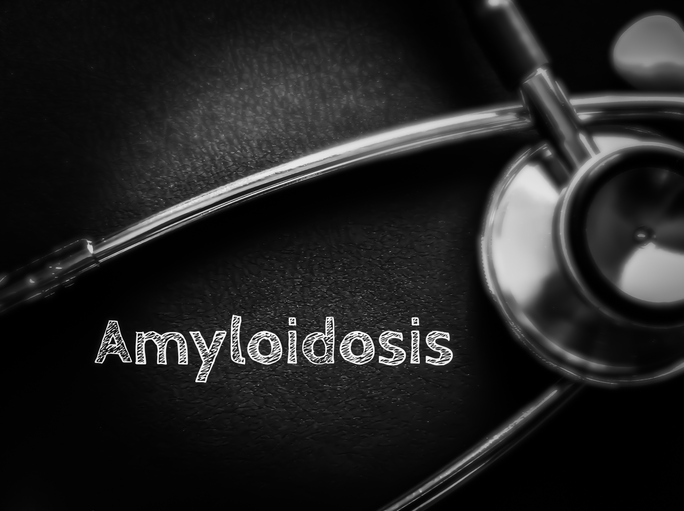
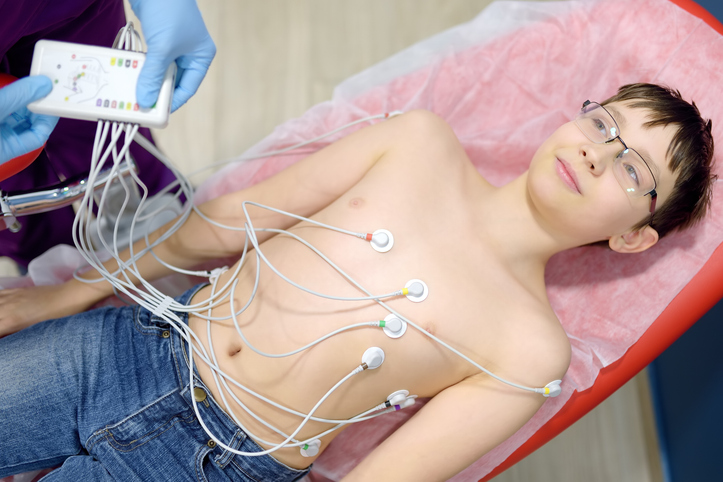
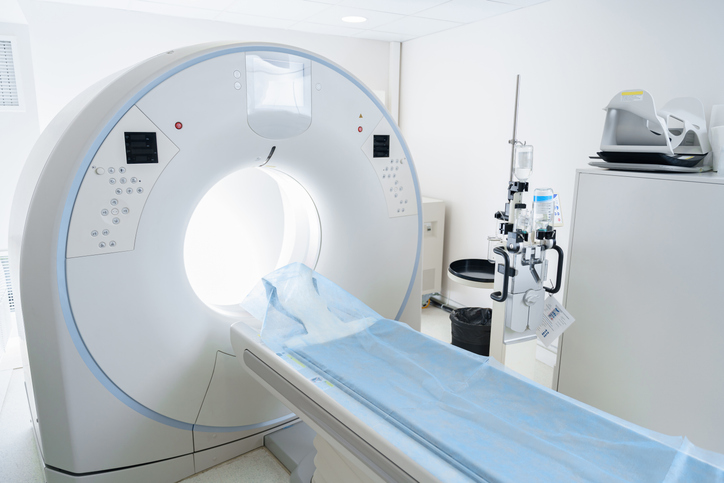

 © 2025 Mashup Media, LLC, a Formedics Property. All Rights Reserved.
© 2025 Mashup Media, LLC, a Formedics Property. All Rights Reserved.